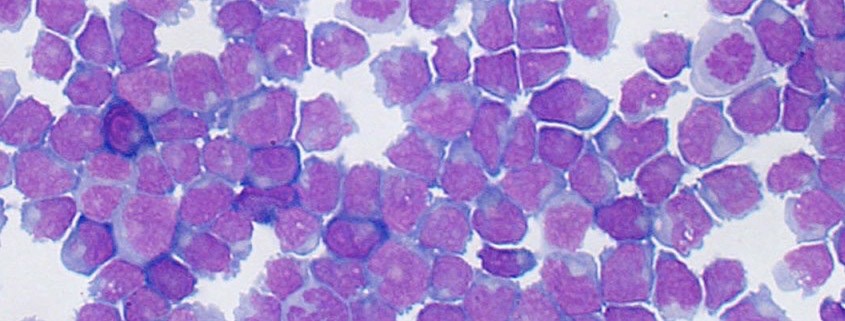 You may or may not be surprised to hear this but our canine companions get it too. A very common cancer that affects both people and animals, is known as Lymphoma. You may be surprised to hear it but out canine companions get it too and it’s just as bad for them as it is for human beings.
You may or may not be surprised to hear this but our canine companions get it too. A very common cancer that affects both people and animals, is known as Lymphoma. You may be surprised to hear it but out canine companions get it too and it’s just as bad for them as it is for human beings.
When we gain knowledge about such a thing it enables us to take the correct measures towards our dogs in helping to treat them and lessen the symptoms while keeping them healthy and strong in the long run.
Making more informed decisions about our canine’s conditions makes us better pet owners and people in general, which is why we have put together this information for you to help you out in the chances that your pet has been diagnosed with this condition.
To further complicate things, this sickness has four different types. Namely, Mediastinal Multicentric, Extranodal, Alimentary. The life expectancy of dogs in this condition, if at the last stage, is about 2 months. More can be found online.
The Symptoms to Look Out For
The first symptom to look out for in the Multicentric type is swollen lymph nodes. By this we mean if they look between 3 to 10 times larger than normal. They are generally not painful but they are firm and feel like a squash ball, rubbery.
Other tell-tale signs are fever, lethargy, weakness, dehydration, and weight loss. Which can be noticed over a few days. Other symptoms that are found, and mainly in the alimentary type, are diarrhea, abdominal pain, excessive urinating, difficulty in breathing, and vomiting.
Mediastinal and Extranodal Lymphoma symptoms will depend on the particular organ that is affected. Some dogs will get affected on their skin causing it to turn red and start to itch, also you may notice some lumps on the skin surface, while others will have it on their mouth, gums, and lips. Sometimes some dogs can start to suffer from seizures and kidney failure or blindness. A very informative piece about this can be found o the college of veterinary medicine website https://www.purdue.edu/vet/pcop/canine-lymphoma-research.php.
Finding the Best and Safest Remedy
We believe that it is always a better option to reach for the natural remedy rather than the one pumped with toxins, especially when it comes to our pooch. In which case, we have one very solid recommendation – CBD Oil.
This has been one of the most preferred and recommended choice of many holistic vets as well as pet owners who have been using it for years and seen positive results in many conditions, and not just lymphoma.
Both humans and pets have the same ECS – Endocannabinoid system (what keeps our insides working at its potential best) which is why a lot of what we take to help ease our discomfort, will (not always) more often than not, help our canines too.
This natural plant extract from the hemp plant, has no toxins, is completely safe, is free from any psychoactive components so it will not get you or your pet high, and the best part is that it regulates both the chemical and inflammatory responses in the body. It keeps the levels on an even plain so that the body stays balanced.
If you are treating it for a Lymphoma diagnosis, we would recommend that you always check with your vet if it is okay for you to try it. If you get the go-ahead from them, you can purchase a good high-standard certified and organic tincture from any reputable source and start by giving him the stated manufacturers’ dose on the bottle and work your way up depending on the weight, size, and potency of the oil.
To avoid any complications, taking your hound to the vet for regular check-ups is also an advisable thing to do. The minute you notice any of the above signs, take your hound to the vet immediately, and never leave anything to chance.














